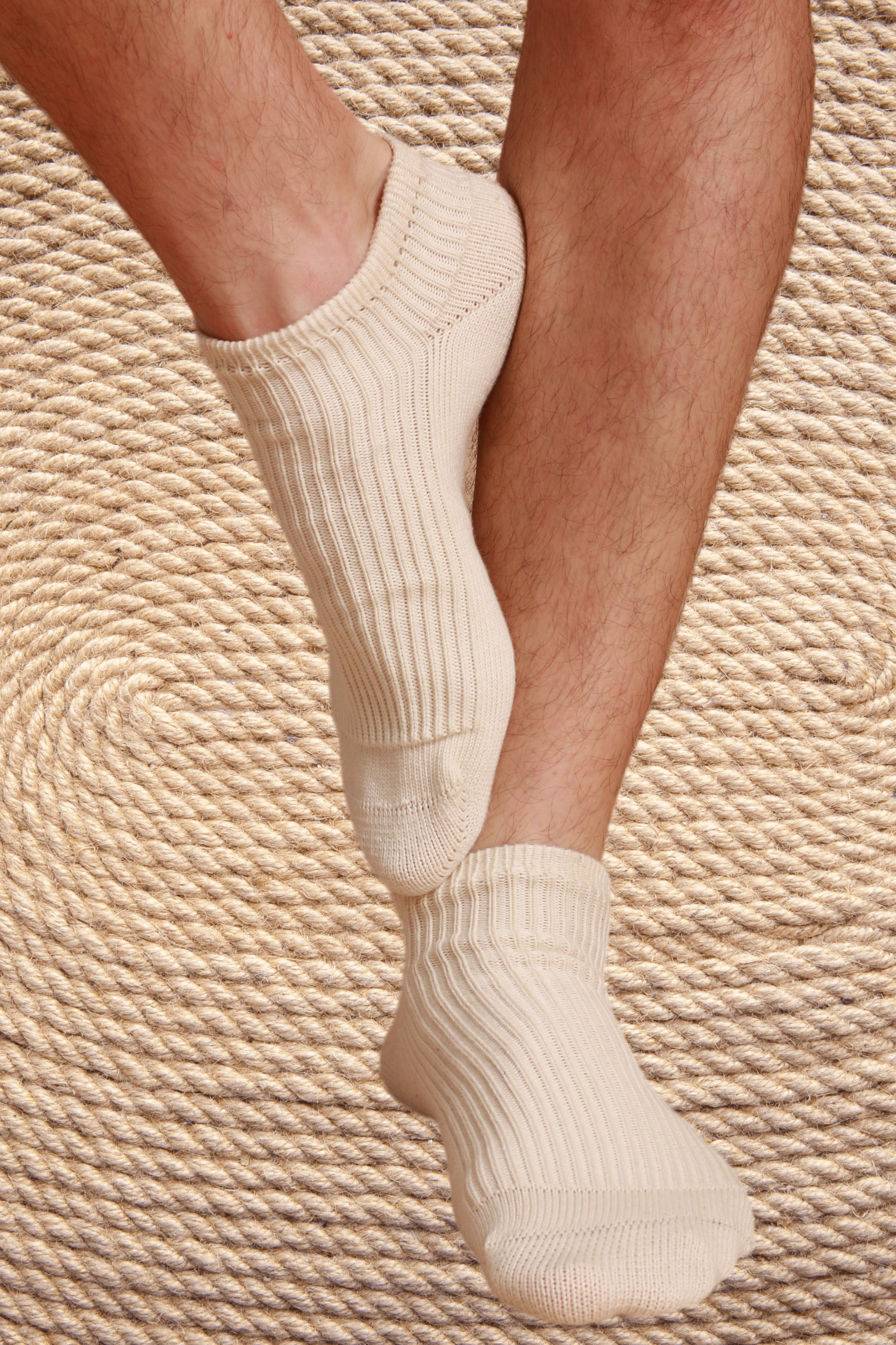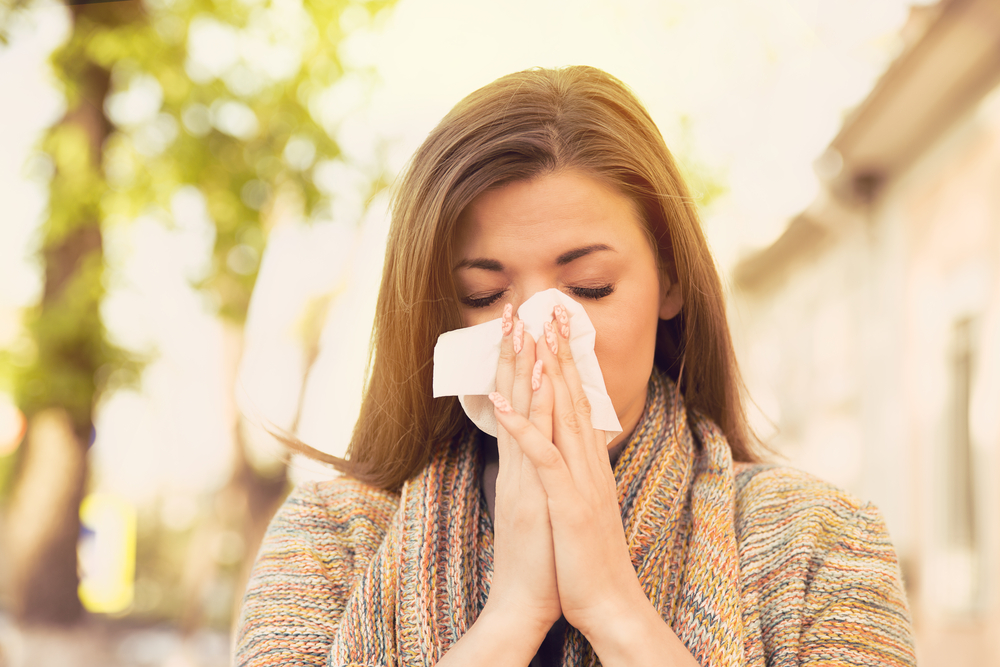The allergy season can be very annoying and uncomfortable. This is the time of the year when everyone must be extra cautious while outdoors. Otherwise, you may experience sneezing, coughing, congestion, irritated throat, itchy eyes, and other symptoms of allergy attacks, or even worse, asthma.
The best way to prevent allergic reactions is to start an allergy prevention regimen even before the season starts. This is clearly more effective for people who are prone to allergies in order to minimize the possibility of experiencing a full blown allergy attack.
The number of cases for seasonal allergies has been on the rise due to ever changing and worsening weather conditions. The National Institute of Allergy and Infectious Diseases have stated that the prevalence of allergic rhinitis has marked up extensively over the past 15 years. The Institute has also added that 10-16% of adults in the United States have allergies.
Climate change is one of the probable reasons why the number of allergy cases has increased. Lewis Ziska of the US Department of Agriculture has reported that “Rising carbon dioxide levels allow things like ragweed, fungal spores, and poison ivy to thrive.” Other causes for high levels of allergens in the environment are greenhouse gases, over cultivation of plants, rise in worldwide temperatures and also a high amount of precipitation.” All these factors can cause seasonal and mold allergies which can be deadly for some people.
How to Cope with Allergy Distress
The first and most important factor you need to do is to determine if you are really experiencing an allergic attack. The sudden change of temperature can also be the culprit which makes it hard to distinguish an allergic reaction from a virus effect or even a simple cold. You need to differentiate various symptoms especially if they are overlapping.
Common Symptoms of Allergy Attacks
For people who may have never experienced an allergy attack; here are the usual symptoms to watch out for:
- congestion has lasted for more than 2 weeks
- mucus is thin and clear
- nose, eyes and top of the mouth itches
Tips to Survive the Allergy Season
Allergy attacks can be very debilitating especially when you have a lot of work to do. So here are 10 tips which can help you survive the grueling allergy season:
- Keep all your allergy medication within reach. Make sure you have antihistamines ready, specially when you go out. If your allergy worsens, head over a drugstore for relief. If these drugs do not work, the best solution is to see a doctor who can prescribe medications that will effectively treat the problem.
- Try the salt water treatment if you do not like conventional medicines. Use a saline nasal rinse using spray or neti pot. This can clear allergens from your nasal membranes which can lessen the symptoms of allergy. If you have a scratchy throat, you can gargle with salt water as well.
- Wear a mask when spending time outdoors. A good surgical mask can be your best defense against allergen attacks. Look for masks which are marked N95 which means that the item has passed the standards and can filter out 95% of particles as directed by the National Institute of Occupational Safety and Health.
- Wear a hat and keep pollen from landing on your head. Wide brimmed hats are perfect for this purpose since they will not only protect you from allergens but also from the heat of the sun.
- Watch the pollen count by checking out AAAAI.org/NAB for pollen and mold levels in your area. This can help you track the level of pollen and molds so you can plot your outdoor schedule ahead of time.
- Perform your exercises indoors, for the mean time that is. When pollen counts are high, you are more likely to experience an allergy attack so it is best to perform exercise routines inside your home. Keep in mind that pollen tends to be high during mid to late afternoon.
- Recommended air conditioner units should be one which features a high-efficiency filter so it can protect your home from pollen.
- Keep an allergy kit at home. This must contain your medications and other products that offer quick relief.
- Keep allergens out of the home by vacuuming at least twice a week. Maintain a clean house and always keep the windows closed.
- For long term relief and solution, request for an allergy injection which can only be prescribed by a specialist.
Above all, never play a doctor’s role. While general information are readily available online, it is still recommended to consult a physician for expert opinion.
|
For clothing related allergy, wear organic clothing. Browse through Cottonique's collection here for allergy-free clothes! |










Leave a comment
All comments are moderated before being published.
This site is protected by reCAPTCHA and the Google Privacy Policy and Terms of Service apply.